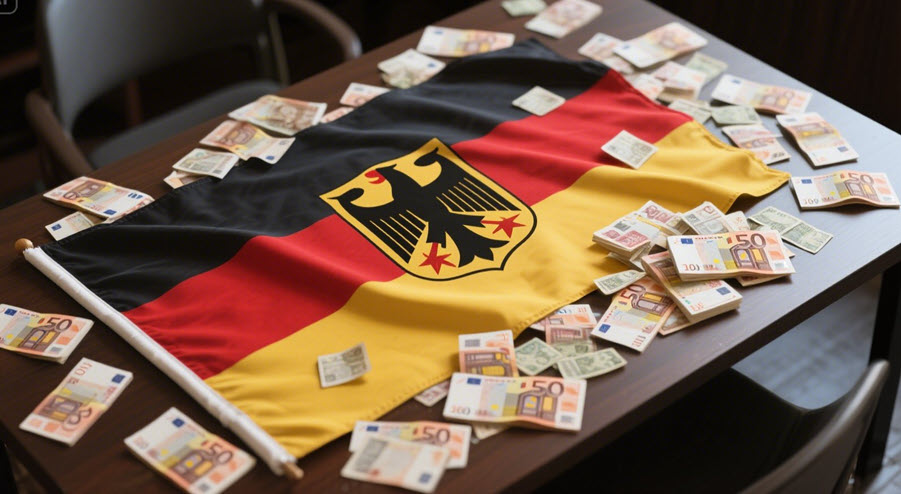Germany is regaining economic momentum. In a bold show of confidence, 61 companies—ranging from industrial powerhouses like Siemens to financial giants like Deutsche Bank—have pledged over $733 billion (631 billion euros) in investment over the next three years.
The announcement comes just months after Chancellor Friedrich Merz took office and vowed to revive Europe’s largest economy. Germany has endured two consecutive years of contraction and faces another stagnant year ahead. But Merz’s administration is tackling the crisis head-on, launching a $550 billion infrastructure fund and promising major reforms in digitization, bureaucracy, and investment policy.
On Monday, the chancellor met with executives under the “Made for Germany” initiative, which brings together companies committed to fueling domestic growth. The investments span a wide range of sectors and include both new developments and upgrades to infrastructure, research, and digital capability.
“This is a turning point,” Merz said. “Germany is back. We are not a location of the past, but a location of the present—and above all, the future.”
While some of the investment plans were already in motion, leaders say the Merz government is giving them new energy. Siemens CEO Roland Busch outlined clear priorities: boosting competitiveness, modernizing infrastructure, and securing Germany’s place as a global leader in tech. Deutsche Bank’s Christian Sewing echoed the sentiment but urged the government to continue pushing forward on reforms.
With these high-level endorsements and financial commitments, Germany is signaling to the world that it intends to lead—not lag—in the next wave of economic development.



